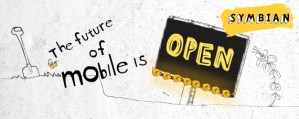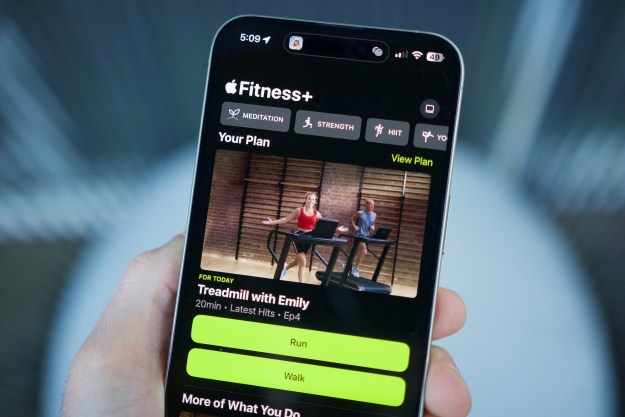
Finland’s Nokia is betting the farm on Microsoft’s Windows Phone platform, but the company still needs to support its Symbian ecosystem until that transition is complete. Although argument in favor of developing for Symbian largely vanished with Nokia’s platform commitment to Microsoft, another shoe dropped today: Symbian is no longer available to developers on open licensing terms. Instead, Nokia is restricting Symbian development to a handful of approved collaborators.
“We have received questions about the use of words ‘open,’ ‘open source,’ and about having a registration process before allowing access to the code,” Nokia wrote in its Symbian blog. “[We] are not maintaining Symbian as an open source development project. Consistent with this, the Nokia Symbian License is an alternative license which provides an access to Nokia’s additional Symbian development for parties which collaborate with Nokia on the Symbian platform.”
Nokia’s collaborators include a handful of Japanese OEMs—most notably Fujitsu, which continues to build Symbian feature phones in Japan—along with a “small community” of other partners, although Nokia says there is a backlog of developer registrations they are currently processing.
The move is likely the final nail in the coffin for the Symbian development community. Back in February 2010, Symbian proudly launched itself as an open source platform under the Symbian Foundation; the idea was to foster an ecosystem of developers and device makers that would grow the platform and enable it to compete effectively against the likes of iOS and Android. (And remember, at the time of the announcement, Symbian was the world’s leading phone platform, thanks to millions of Nokia handsets around the world.) The move was the result of nearly two years’ of work on Nokia’s part: the company had worked carefully to acquire portions of Symbian it didn’t own and then set the whole thing free. However, the effort was going sour as soon as October with the unexpected departure of Symbian Foundation executive director Lee Williams as platform backers (like Samsung and Sony Ericsson) increasingly jumped ship in favor of Android—and by November 2010 Symbian was back in Nokia’s hands.
Nokia is still maintaining its Qt development environment, and both Qt and the basics of its MeeGo platform tools are still available under open licenses. However, as Nokia transitions to Windows Phone—a deal which still hasn’t been finalized—the company seems to be turning its back on substantial investments in its own platform and open software.

